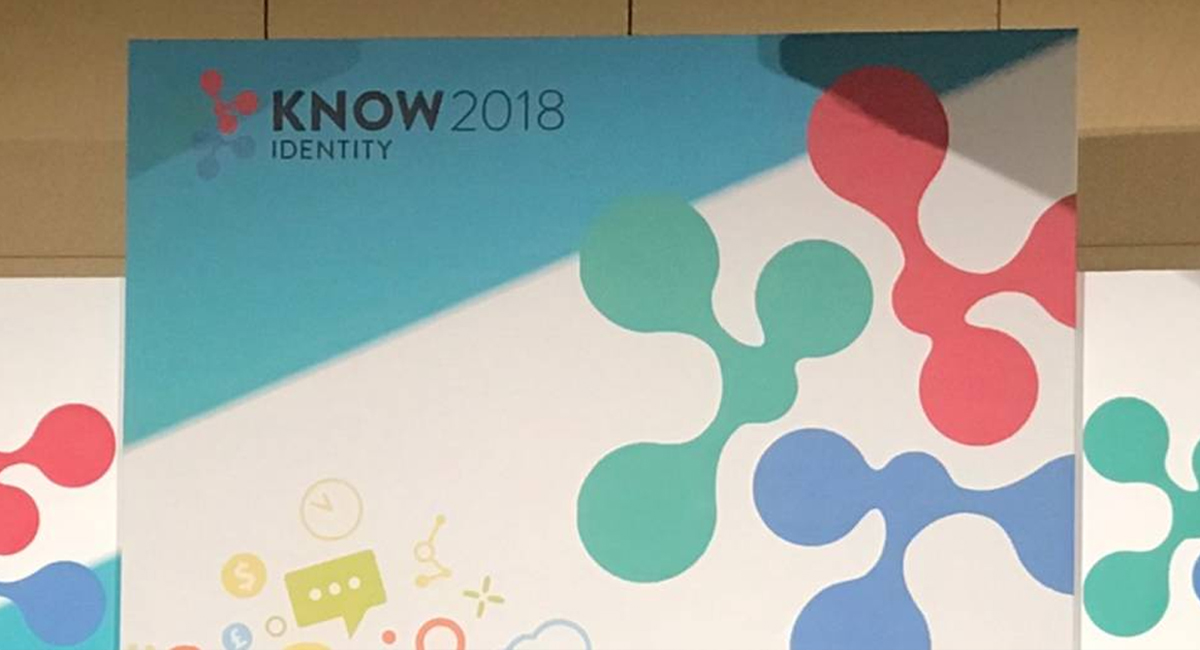
December 3, 2018 | Veratad Blog | Category: Veratad Technologies Blog
Digital Identity Methodologies: Part I
In an increasingly digital age, the need for online ID verification, including identity data, is only growing. The market for ID Verification is estimated to grow to be a $18.6 billion industry by 2027.
As a verification provider, we thought we would take you through some options you have when you want to verify an identity online.
The way we see it, there are three major methodologies a verification provider can use to verify an identity online. The first method is based on identity data, the second on identity documents and the third is based on biometrics. Over the next few weeks, we’ll take you through each of these methods so you can evaluate how you want to identify your customers online.
Verification by Identity Data
In this method, an end user will provide personal data, such as name, address, date of birth, etc. via a web form on an account creation page or checkout page. Once that user submits their information, that personal data that will be checked against the verification provider’s data sources. POOF! An identity has been verified by data in real-time, and the account is marked as verified, or the purchase is allowed to be processed.
Depending on the e-commerce provider’s objectives and tolerance for risk, different rules for what constitutes a “passed verification” can be programmed during the implementation phase. For example, Banking and Tobacco/Vape are two industries that legally require age verification services in some capacity. While neither would want to be duped by a fraudster, an online Tobacco/Vape shop cannot legally sell their products to children (age varies by state). However, banks can offer custodial accounts to children and also have a whole bucket of identity verification regulations that apply to them and not the online Tobacco/Vape shops. With these two different sets of objects in mind, custom profiles are created for each industry.
These custom profiles are often augmented with data to address KYC and AML compliance requirements by adding OFAC, PEPs and Sanctions data. These customizations are popular with fintech and financial services companies to address compliance and fraud prevention.
We can deliver these solutions worldwide with identity data available to us in over 130 countries. We do have another solution we call IDMatch+PlusSM which is our IDMatch service that includes multiple choice challenge questions, more commonly known as Knowledge-Based Authentication (KBA) is another great example of a verification solution that uses data.
Have questions on digital identity? You can ask them here and we’ll answer them on our blog!



